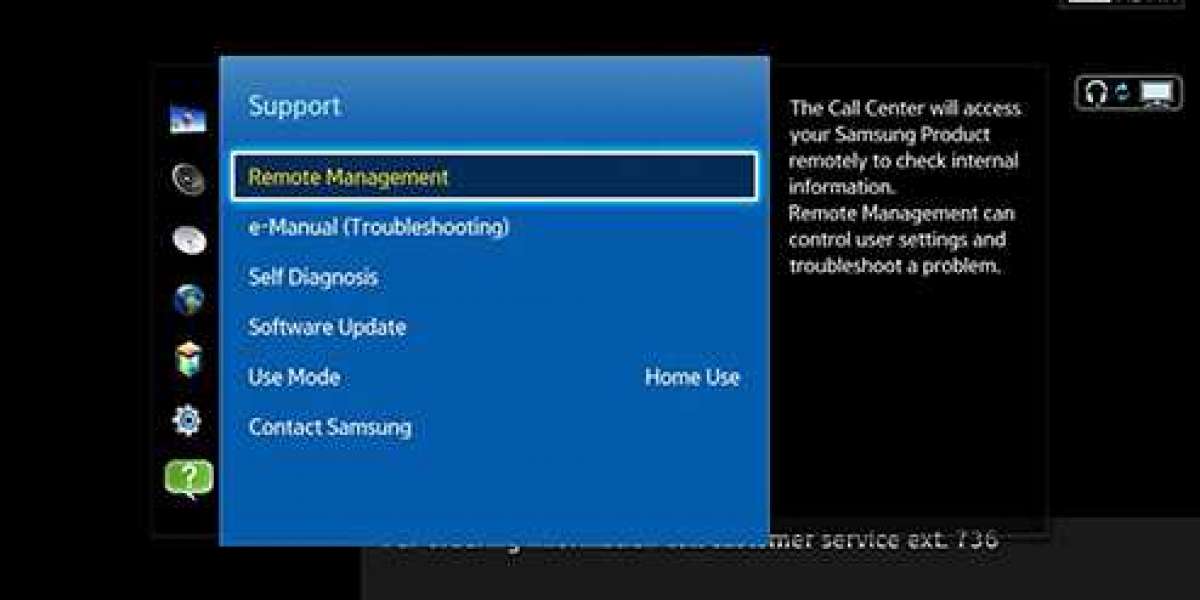Human Resources (HR) play a pivotal role in every organization, whether it’s a startup or a multinational corporation. One often overlooked but crucial aspect of HR is training. HR training isn’t just about onboarding new recruits; it’s a tool to drive tangible business growth. From helping employees thrive to ensuring legal compliance, the right HR training programs can address the unique challenges of running a business while fostering an inclusive, productive workplace.
This guide will explore why HR training is fundamental to business success, the various types of training available, and how you can leverage it to achieve sustainable growth.
The Importance of HR Training for Business Growth
Why should businesses invest in HR training? The answer goes beyond employee performance. Well-implemented HR training enhances organizational efficiency, improves employee satisfaction, and provides a clear competitive edge. When you empower your HR professionals through structured programs, like HR certifications or HR seminars, they gain the expertise to recruit top talent, handle disputes more effectively, and boost retention rates.
Furthermore, HR training is vital for building a resilient company culture. It equips management with tools for navigating employee challenges and aligns workforce strategies with overall business goals. Hiring may build a team, but training transforms it into a high-performing unit that delivers results.
Understanding the Different Types of HR Training
HR training covers a diverse range of focus areas to meet the needs of today’s complex workplace. Here are the key types of HR training programs available:
1. HR Certification Programs
For HR professionals looking to upgrade their skill sets, certifications like SHRM-CP, PHR, or CIPD offer tools to lead with confidence. These certifications focus on everything from talent management to HR compliance.
2. HR Seminars and Workshops
Interactive seminars help drill down into specific aspects of HR, such as diversity and inclusion, conflict resolution, or leadership development. These are excellent opportunities to share ideas and learn from industry peers.
3. HR Webinars
Webinars provide flexible, affordable options for keeping up with the latest HR trends. From the comfort of your home or office, you can explore webinars focused on HR management, technology, or policy updates.
4. Compliance Training Programs
Compliance is non-negotiable in any business. Staying updated on labor laws, workplace harassment policies, and safety standards protects organizations from legal risks.
5. Leadership and Development Training
Transform your HR team into organizational leaders capable of driving growth strategies. These programs focus on ethics, adaptability, emotional intelligence, and forward-thinking management styles.
Benefits of HR Training for Employees and Employers
For employees, HR training fosters transparency, communication, and accessible pathways for professional growth. Strong HR initiatives create an environment where employees feel valued, enhancing engagement and productivity.
For employers, the return on investment is even greater. Here’s how businesses benefit from HR training:
Improved hiring decisions lead to lower turnover.
Enhanced employee retention saves costs and supports long-term operations.
Higher productivity through effective workforce management and leadership coaching.
Risk mitigation ensures processes and policies meet legal and compliance standards.
HR Training Center
5755 North Point Parkway Suite 227 Alpharetta, GA 30022
(770) 410-1219
Ensuring Legal Compliance and Reducing Risks
HR compliance is integral to smooth business operations and risk reduction. Programs that focus on employment law and workplace ethics reduce exposure to lawsuits, fines, or penalties.
For instance, mandatory compliance training for workplace harassment helps employees understand acceptable conduct, creating a safer working environment. Similarly, programs on labor laws ensure payrolls, overtime, and benefits are handled correctly, reducing disputes and potential lawsuits.
HR compliance training not only safeguards the business but also instills confidence in employees, knowing they are part of an organization that respects laws and ethical practices.
Choosing the Right HR Training Programs
Selecting the most effective HR training program depends on your organization’s needs and goals. Here are steps to simplify the decision-making process:
Assess Needs: Identify specific HR challenges or knowledge gaps, such as compliance issues or leadership development.
Check Credentials: Opt for well-recognized HR certifications or trainers with proven expertise in HR webinars or seminars.
Tailor Content: Look for programs that align with industry standards or tailor content to your company’s unique challenges.
Focus on Measurable Outcomes: Ensure training programs offer goals that are trackable, such as competency in HR management software or mastering conflict resolution frameworks.
Case Studies: Success Through HR Training
Case Study 1: Employee Retention at XYZ Corp
XYZ Corporation faced high turnover rates among new hires. By rolling out onboarding workshops and mentorship programs, their retention rates improved by 45% in just one year. They credit continuous HR training for creating a tailored approach to new hires that aligns them with the company culture.
Case Study 2: Compliance Overhaul at ABC Tech
ABC Tech implemented a 6-month compliance training program for HR staff and management teams. This initiative not only ensured HR compliance but also significantly reduced the company’s legal costs through fewer contract disputes.
Tips for Implementing a Successful HR Training Strategy
To implement HR training seamlessly and maximize its impact, keep the following tips in mind:
Secure Leadership Support: Gain buy-in from senior management to ensure funding and long-term commitment.
Start Small: Focus on one key area first, such as compliance or leadership. Expanding your strategy later becomes easier.
Foster Collaboration: Encourage employees to share insights during HR seminars or webinars. Peer learning adds value.
Monitor and Review: Regularly measure the effectiveness of training with tangible results like employee satisfaction surveys or KPI analyses.
Resources for HR Professionals
Staying informed and connected is essential for HR professionals. Here are some valuable resources to consider:
Books: "HR from the Outside-In" by Dave Ulrich for strategic HR leadership insights.
Websites: SHRM.org or HR.com for certifications, courses, and the latest industry news.
Tools: Consider HR management software like BambooHR or Gusto for data-driven workforce planning.
Events: Attend annual HR seminars or HR webinars hosted by respected professionals to stay ahead in the field.
The Future of HR Training
The future of HR training is shaped by evolving technology, remote workflows, and data-driven decision-making. Key trends include:
AI-Driven Training: AI-powered HR solutions can personalize training experiences for employees and HR managers.
Focus on Soft Skills: Increased emphasis on emotional intelligence, adaptability, and communication.
Remote Training: HR webinars and virtual workshops are emerging as the go-to method for upskilling HR teams in a geographically diverse workforce.
By staying updated on these trends, businesses can future-proof their HR strategies and maximize growth opportunities.
Invest in HR Training to Accelerate Business Growth
When done right, HR training is more than a checkbox exercise; it’s a growth catalyst. Organizations that incorporate HR seminars, webinars, and certifications into their strategies often see greater alignment between workforce goals and business results.
Whether you’re an HR professional, a business owner, or someone managing a small team, the right training strategy can make all the difference. Start small, experiment with fit-for-purpose training options, and watch your team and business flourish.
Get Started with HR Training
Explore HR certifications, join a webinar or attend a seminar to take your first steps toward creating a robust HR ecosystem. Remember, growth begins with equipping your team with the skills they need to excel.














